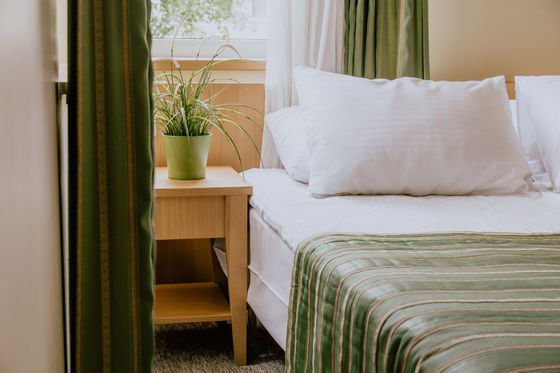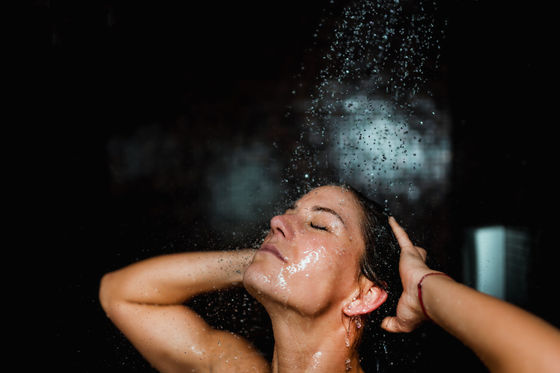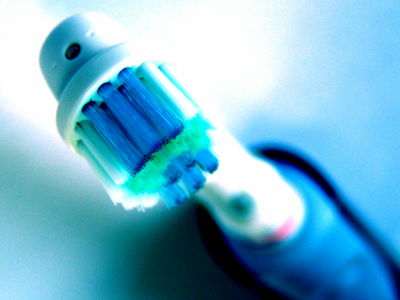Microbiologist explains whether showering in the morning or at night is better

Some people say, 'I want to start the day fresh, so I wash my body in the morning,' while others say, 'I don't want to go to bed with the dirt of the day on my body, so I wash my body before going to bed.' Primrose Freestone, a senior lecturer in clinical microbiology at the University of Leicester in the UK, discussed from an expert's perspective whether you should shower in the morning or at night.
Is it better to shower in the morning or at night? Here's what a microbiologist says

According to Freestone, dirt that accumulates on the body and hair throughout the day is not just sweat and oil, but also pollutants such as dust and allergens such as pollen. Some of these dirt particles end up on clothes, but some also end up on sheets and pillowcases. Sweat and oil also promote the growth of bacteria that make up the skin
Showering at night helps remove some of the allergens, sweat, and oils that accumulate on your body during the day, reducing the amount of these stains that end up on your bedsheets.
However, even if you take a shower before going to bed, you will still sweat while you sleep, regardless of the temperature. When this happens, the bacteria that normally reside on your skin will absorb the nutrients contained in the sweat and multiply, causing bacteria to attach to your sheets and become the source of body odor.
In particular, if you do not wash your bedding frequently, the cleaning effect of a nighttime shower will be reduced, and odor-causing bacteria on your bedding may be transferred to your clean body while you sleep.

Additionally, skin cells are shed while you sleep, regardless of when you shower, which can then become food for dust mites, whose waste can trigger allergies or aggravate asthma.
On the other hand, showering in the morning helps get rid of sweat, bacteria, and dead skin cells that accumulated while you slept, which is especially important if you don't change your sheets every day.
Taking these points into consideration, Freestone concluded, 'When you shower in the morning, you remove any bacteria that may have accumulated on your skin overnight as you put on clean clothes. You also wash away any sweat that feeds the odor-causing bacteria. Therefore, if you shower in the morning, you will likely smell fresher for a longer period of time than if you shower at night. Therefore, as a microbiologist, I recommend showering in the morning.'

However, the effectiveness of a shower will depend heavily on your hygiene habits, such as how often you wash your bedspreads, so it's important to keep your bedding clean regardless of when you shower.
That's why Freestone recommends washing your sheets and pillowcases at least once a week to remove sweat, bacteria, dead skin cells, and oils that build up on your bed linens.
Related Posts:
in Science, Posted by log1l_ks







